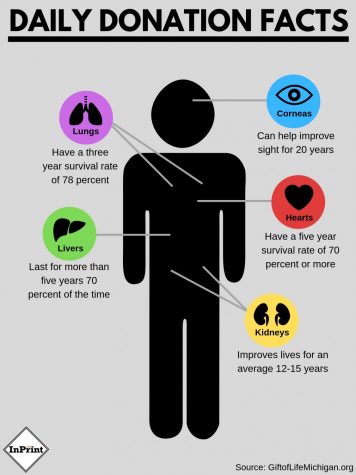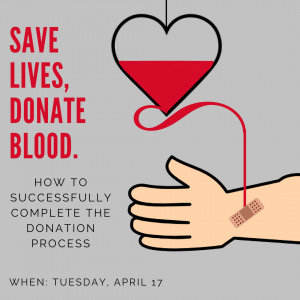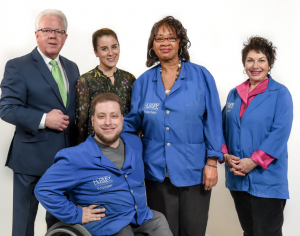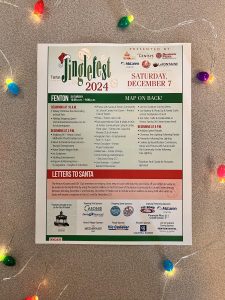Basic information about being an organ donor
April 23, 2019

According to American Society for Transplantation, one person’s decision to become an organ donor can make a difference in as many as 50 lives. Here is how to become a donor and the process through which donation is done.
How to become an organ donor:
- The easiest way for students to be a donor is to choose to be one when first getting their driver’s license. While filling out the driver’s license documents at the Secretary of State, check the box for donation.
- Sign up online at: https://www.giftoflifemichigan.org/become-donor
- When renewing or replacing a standard driver’s license or state ID card online, one may register during this process.
- When renewing your state ID card by mail, one may check the organ donor box.
- When visiting a Secretary of State office, one may let a clerk know that they would like their name added to the registry.
The organ donor process:
- To become a deceased donor, he or she has to die in very specific circumstances. Most donors were already admitted into the hospital because of illness or accident, such as a severe head trauma.
- The only way the donation process may begin is by the confirmation of brain death, as well as a noted time of death.
- Once the patient has died, the hospital notifies the Organ Procurement Organization (OPO). The OPO then provides information about if he or she has the potential to be a donor; if so, and OPO representative travels to the hospital immediately.
- The OPO representative sees if the deceased is registered as a donor on their state registry. If he or she is registered, that will serve as legal consent for donation.
- If there is not legal consent for donation, such as notation on the driver’s license, and the deceased is not registered, the OPO will then ask the next of kin for authorization.
- If donation is allowed, a medical evaluation takes place. The OPO then contacts the Organ Procurement and Transplantation Network (OPTN) to operate the national database and make a list of patients who match the donor (by organ).
- While matching is taking place, a surgical team removes the organs and tissues from the donor’s body. First organs are recovered, and then additional authorized tissues such as bone, cornea, and skin.
- Then, all incisions are surgically closed. Organ donation does not interfere with open-casket funerals.









